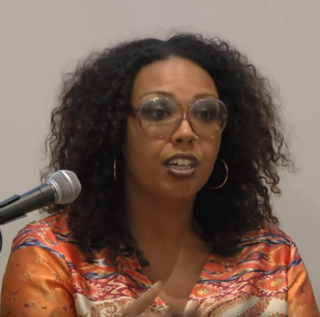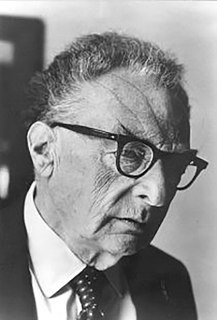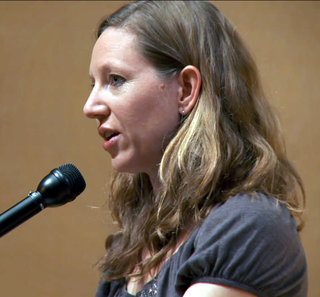A Quote by Cyril Cusack
The actor has a constant problem of personal identity.
Related Quotes
Identity is a very difficult thing in the theatre. As an actor said to me one day, 'What are we doing today?' when we were doing a workshop. And I said, 'Oh, just be yourself'. And he said to me, 'I don't know who that is, I'm an actor'. And I begin to realise in fact that we seek identity because we're told we should have one, but I wonder whether it's necessary.
The identity of just one thing, the "clash of civilization" view that you're a Muslim or a Hindu or a Buddhist or a Christian, I think that's such a limited way of seeing humanity, and schools have the opportunity to bring out the fact that we have hundreds of identities. We have our national identity. We have our cultural identity, linguistic identity, religious identity. Yes, cultural identity, professional identity, all kinds of ways.
All third world literature is about nation, that identity is the fundamental literary problem in the third world. The writer's identity is insecure because the nation's identity is not secure. The nation doesn't provide the third world writer with a secure identity, because the nation is colonized, it's oppressed, it's part of somebody else's empire.
Ever since I was a child, I always had insecurity or suspicions about my own personal identity. That's why I started going to a lot of movie theaters, because I felt more comfortable there than at school. Now, the search for a personal identity is becoming a common topic for young Japanese people, and it's a big theme in their own lives. But it's been a theme in my life, as well, ever since I was young.
I'm an actor. Since I was a teenager, I have had to play different characters, negotiating the cultural expectations of a Pakistani family, Brit-Asian rudeboy culture, and a scholarship to private school. The fluidity of my own personal identity on any given day was further compounded by the changing labels assigned to Asians in general.




































